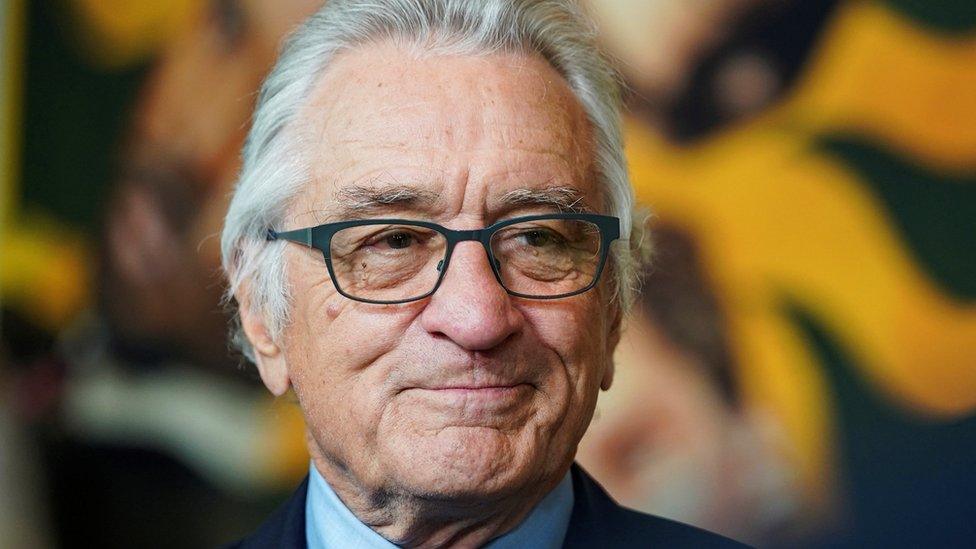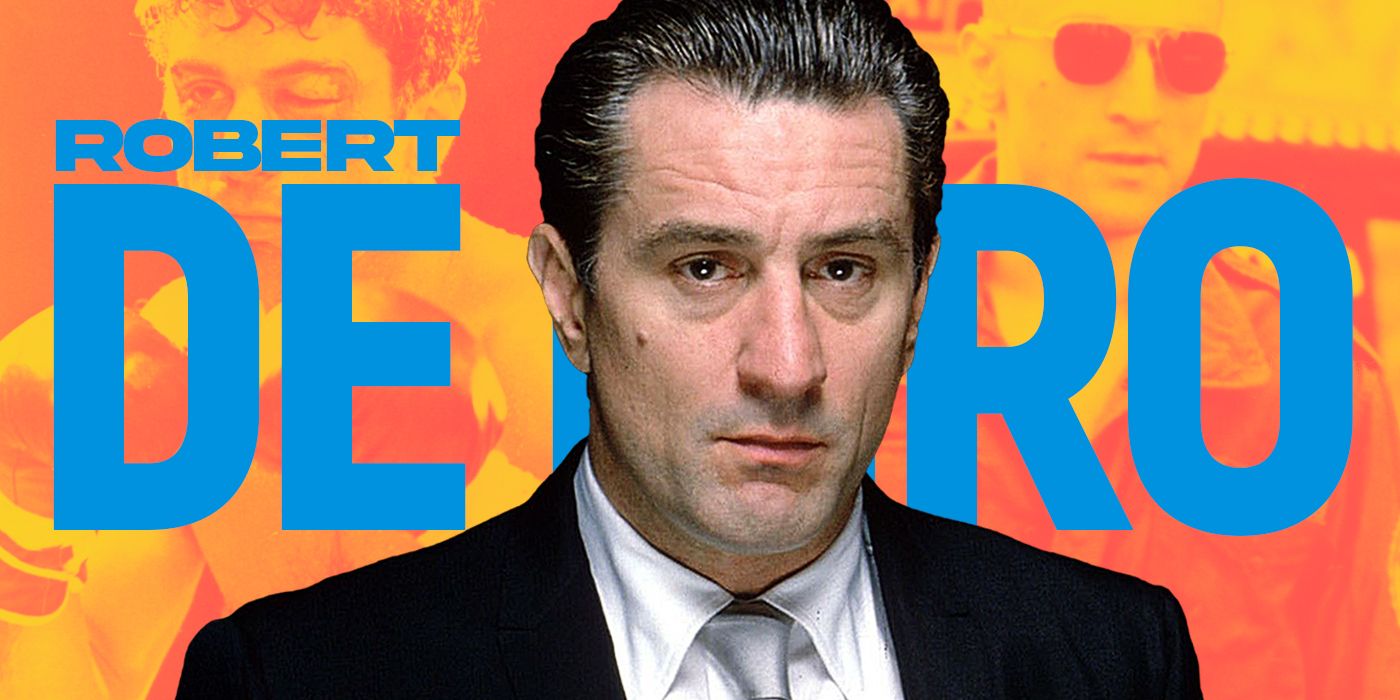In a stunning turn of events that left viewers both shocked and intrigued, the recent late-night interview featuring Karoline Leavitt and Robert De Niro took a chaotic twist. What began as a light-hearted conversation transformed into an intense confrontation, showcasing the power dynamics of celebrity interviews and the impact of direct engagement.
The segment aired on a popular late-night show, typically known for its comedic banter and playful exchanges. Karoline Leavitt, a rising political commentator and former congressional candidate, was invited to discuss her views and recent projects. As the conversation started, it seemed to follow the usual formula. De Niro, an iconic Hollywood actor known for his candid opinions, was in a jovial mood, ready to share anecdotes from his illustrious career.
However, as the discussion progressed, Leavitt took a bold turn. Armed with facts and a fierce determination, she began to challenge De Niro on his public statements regarding political issues. This was not just a casual mention; she called out his double standards, highlighting instances where his actions contradicted his outspoken views. The shift from playful banter to serious debate was palpable, and the audience could sense the tension rising.
Viewers witnessed a masterclass in confrontation as Leavitt skillfully navigated through the conversation, flipping the script on De Niro. She articulated her points with precision, leveraging statistics and historical context to make her case. De Niro, who is often celebrated for his ability to engage in passionate discourse, found himself momentarily silenced. The studio, once filled with laughter, fell into an uneasy quiet as Leavitt pressed on, refusing to back down.
As the confrontation escalated, it became clear that this was no ordinary interview. The producers, sensing the shift in tone and the potential fallout, made the controversial decision to cut the segment short. This abrupt end not only shocked the live audience but also left viewers at home questioning the balance of power in late-night television. In a world where celebrity voices often dominate the narrative, Leavitt’s fearless approach served as a reminder of the importance of holding public figures accountable.
The fallout from this on-air collision has sparked widespread discussion on social media and among political analysts. Many praised Leavitt for her courage and composure under pressure, viewing her actions as a necessary challenge to the status quo. Others criticized the producers for cutting the segment, arguing that it undermined the integrity of live television and the opportunity for genuine dialogue.
This incident also raises questions about the role of late-night talk shows in shaping public discourse. Traditionally, these platforms have been spaces for humor and entertainment, but Leavitt’s bold questioning introduced a new dynamic. It highlighted the potential for late-night television to serve as a forum for serious discussion, where guests can be held accountable for their beliefs and actions.
In conclusion, the late-night meltdown between Karoline Leavitt and Robert De Niro will likely be remembered as a defining moment in television history. It encapsulates the evolving landscape of media, where traditional boundaries are being pushed, and where accountability is increasingly demanded from those in positions of power. As viewers, we are left to ponder the implications of such encounters and the importance of engaging in meaningful discourse, even in the most unexpected settings.


